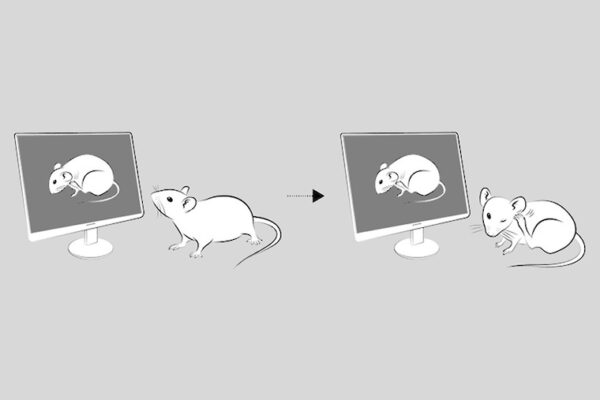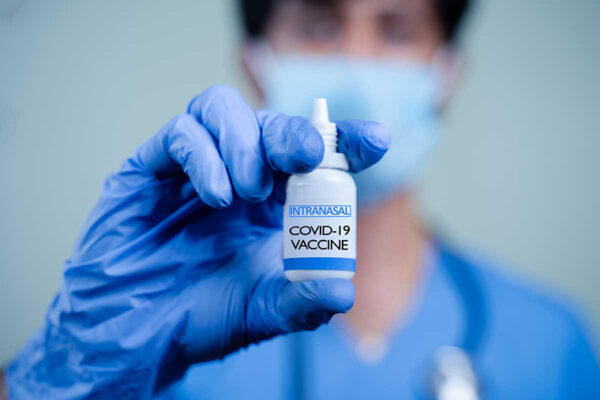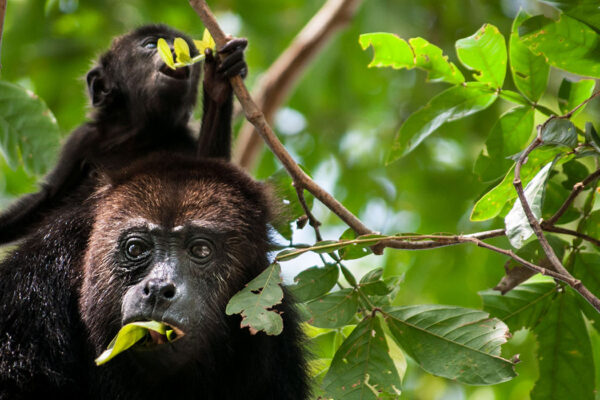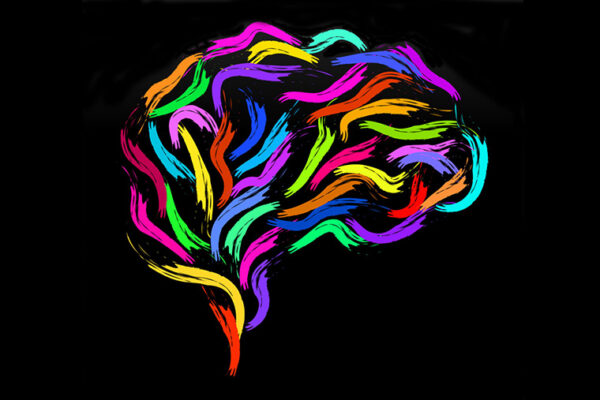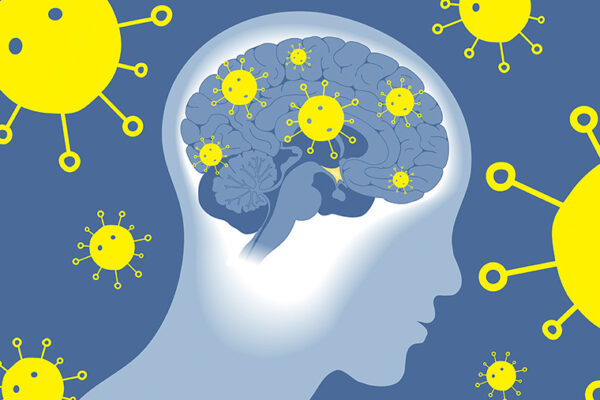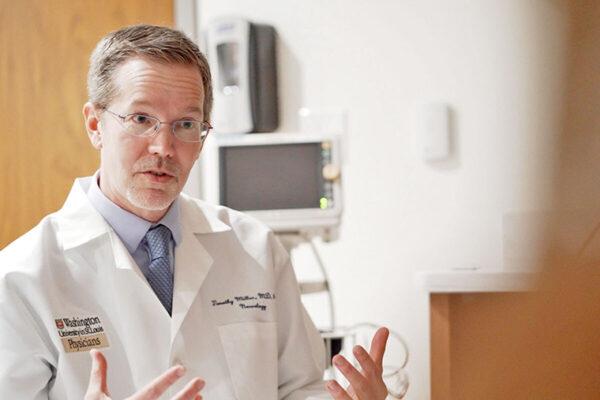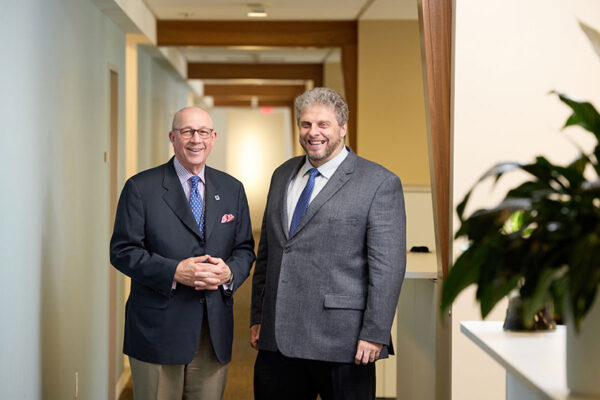Scientists ID pathway that triggers mice to scratch when they see others do the same
Researchers at Washington University School of Medicine have identified a pathway in the brains of mice that is activated when the animals see other mice scratching. They found that this so-called “contagious itching” is controlled through a visual pathway that operates independently of the visual cortex.
WashU COVID-19 nasal vaccine technology licensed to Ocugen
Washington University has licensed the rights to develop, manufacture and commercialize its proprietary COVID-19 nasal vaccine in the United States, Europe and Japan to Ocugen Inc., a U.S.-based biotechnology company.
Risk of Alzheimer’s dementia may be predicted with help of new tool
When people participate in studies of aging, they often want to know what their individual risks of developing dementia from Alzheimer’s disease are. Washington University researchers have developed an algorithm that can help provide them with information about what their risks may be.
Hidden microbiome fortifies animals, plants too
Pioneering research at Washington University helped people understand the fundamental role of gut microbes in human health and disease. Now a community of local scientists is learning more about the diverse microbial systems that support animals, plants and ecosystems.
Puram honored for research on head and neck cancer
Sidharth V. Puram, MD, PhD, an assistant professor of otolaryngology at the School of Medicine, has received a 2022 Clinical Scientist Development Award from the Doris Duke Charitable Foundation.
Oyen and team receive funding to study placental function
An award from Wellcome Leap will support Michelle Oyen’s study of fetal growth restriction during gestational development. The program aims to reduce stillbirth rates by half.
School of Medicine joins major NIH brain mapping effort
Scientists at Washington University School of Medicine are joining a national network, supported by the National Institutes of Health (NIH) to map the intricacies of the brain, with a goal of deepening knowledge of how the brain works and generating new insights into how the brain functions in healthy people — and how it malfunctions in Alzheimer’s, schizophrenia, autism and numerous other conditions.
COVID-19 infections increase risk of long-term brain problems
A comprehensive analysis of federal data by researchers at Washington University School of Medicine shows people who have had COVID-19 are at an elevated risk of developing neurological conditions within the first year after infection.
Investigational drug for genetic form of ALS improves disease’s molecular signs
An international phase 3 clinical trial for a drug developed to treat a rare, inherited form of amyotrophic lateral sclerosis (ALS) showed that it reduced molecular signs of the fatal disease, but at six months did not improve motor control and muscle strength, according to Washington University School of Medicine researchers.
Siteman, University of Missouri to collaborate on cancer research, with aim to improve care
Siteman Cancer Center and the University of Missouri will collaborate on cancer research, with the aim to improve care throughout Missouri.
View More Stories
